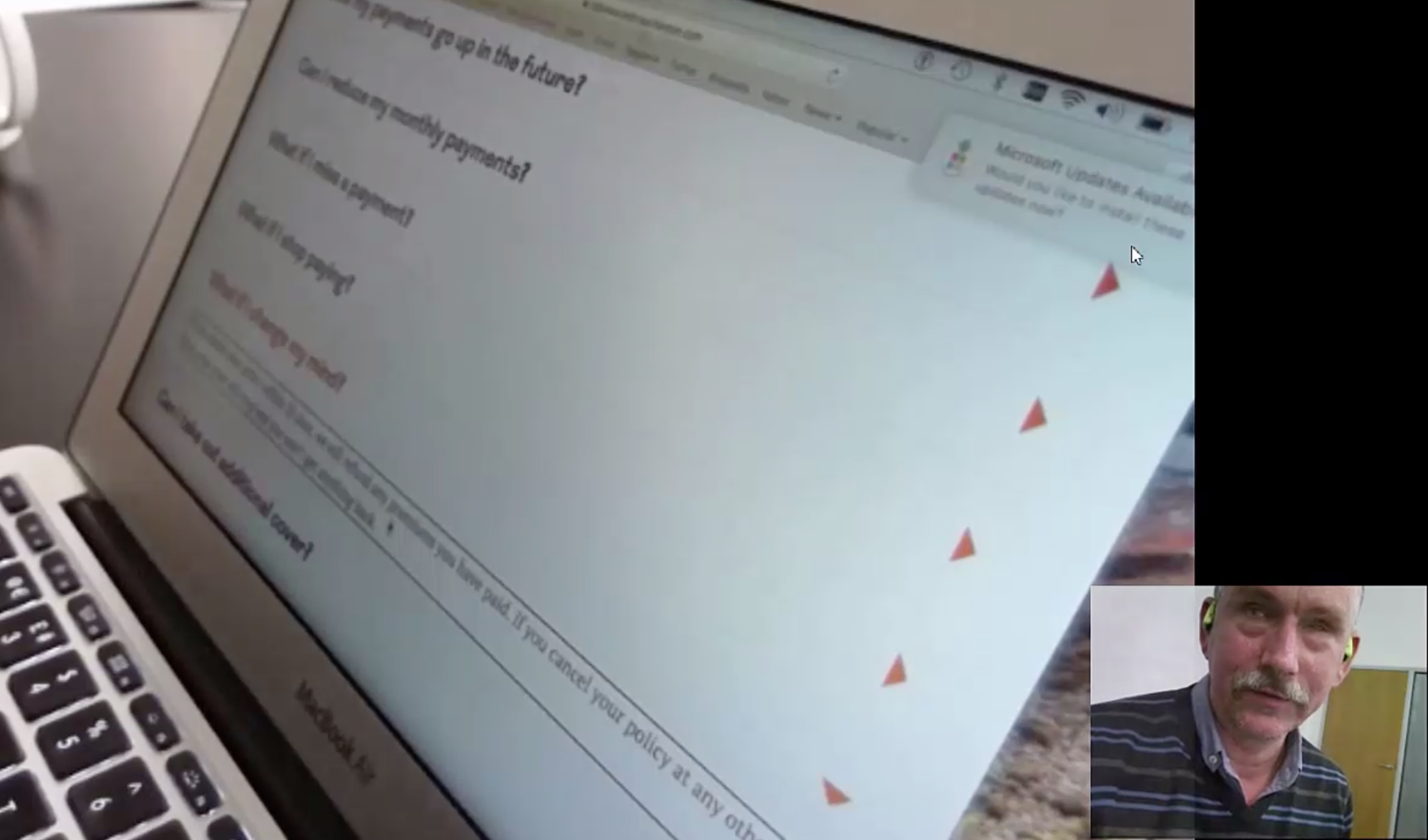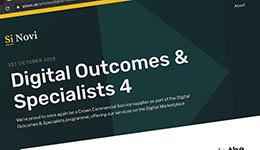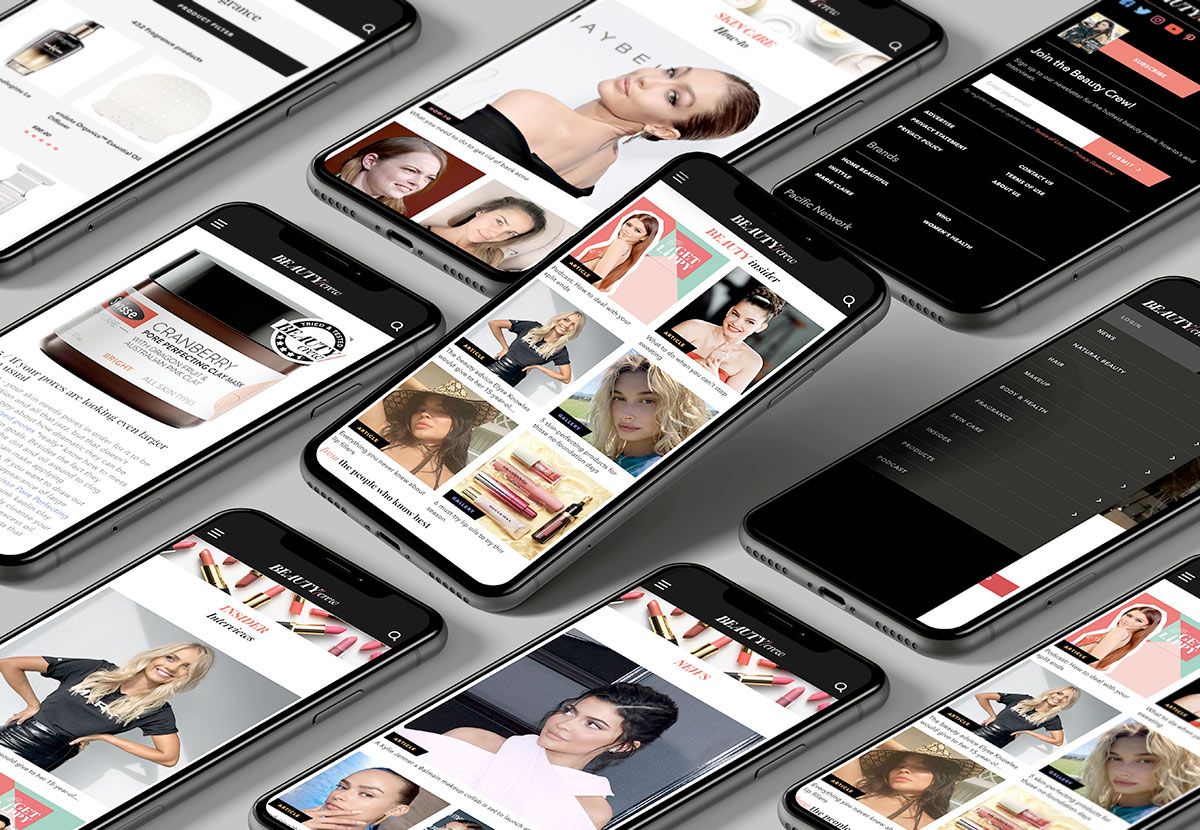
The world of research can be intimidating, overwhelming, complicated and at times unreliable.
When not planned properly, research programmes may not lead to any meaningful or actionable insight to make decisions and can slow down the process. This results in businesses struggling to see the value in investing to understand their users.
But it doesn’t have to be. Research can be invigorating, freeing and even fun when you pinpoint what you need to learn and why – and how you can get those answers.
And it all starts with a clear plan.
“If You Fail to Plan, You Are Planning to Fail” — Benjamin Franklin.
I’ve written many research plans throughout my career and I don’t think I could start any research programme now without a plan. They are not just a place to gather thoughts, they play a significant role in getting a team aligned around the programme purpose, the objectives of what we collectively want to learn and who we need to speak to in order to learn this.
Start at the end
Understanding what to change and the desired outcome of the change is key to asking the right questions and conducting the right methods. I never do research just for the sake of learning things, it’s always to inform a wider piece such as replacing a website or improving a service.
So, here are six questions to ask yourself when planning your next research programme.
1. What do I need to change?
- Is it a service?
- Is it a brand experience?
- Is it a website?
- Is it an app?
- Is it an experiment backlog?
- Is it the team’s empathy towards users?
- Is it a prototype?
This defines the purpose of your research programme, and helps you understand whether it’s an explorative piece of research that can help understand and inform a creative process, or a validative research piece on how usable a product or service is.
Starting at the end also means you can work out what outputs are needed in order to demonstrate any insights and make them digestible to your wider team.
2. What do I need to make?
- Will an experience map be appropriate?
- Will a service blueprint be appropriate?
- Will a process map be appropriate?
- Will a user profile be appropriate?
- Are the team looking for theme areas to inform a creative process?
Working back from the outputs you need to make helps identify 3 things:
- Who are the types of people we need to speak to?
- What are the questions we might need to ask them?
- What methods do we need to use in order to answer these questions?
By starting at the end, you can understand the scope of the change you want to inform and the outputs you need to make to translate your insights.
Next, you can move on to the fun part of getting specific about the research questions you want to answer.
3. What do I want to learn?
I never start any research task without asking the team, “What do you want to learn?”.
I have the privilege of spending time with users and asking them about their experiences, opinions and tasks. If I don’t know what I actually want to learn, we can fall into the trap of doing methods with no purpose or outcome. This devalues research and wastes the privileged time I have with users because I won’t gather insight to inform decisions.
To maintain focus, I created a statement to help with the questions and analysis of any research.
We are researching [The thing that you want to change]
For [The (demographics of) people you need to speak to]
So that [The outcome you want to achieve from the change]
Here is an example:
We are researching the experience of working in different environments in a hybrid world
For people who work in digital agencies across the North West
So that we can create a working environment that attracts the best talent
Once you have a focus, you can list all the research questions as areas of interest. This means you don’t have to worry about the wording of the question or what the objective of learning is. Listing these out also helps with analysis because you already know what questions you need to answer.
We are researching the experience of working in different environments in a hybrid world
For people who work in digital agencies across the North West
So that we can create a working environment that attracts the best talent
Areas of interest:
- What are the environments people work in?
- What are the tasks people do in different environments?
- What works well on digital?
- What works well in person?
- What are the values people look for when looking for a company?
Mix it up
We are doing great! We now know what we want to change, why we want to change it, who we need to speak to and the questions we need to ask.
So, now it all comes down to what methods we need in order to answer these questions. This is where the two mindsets of research start to play.
4. What can I do to get depth?
- Broad explorative mindset – this is where we go wide and uncover as many things as possible as part of the research.
- Narrow validative mindset – this is where we try to add more quantity around the findings from the depth research and ensure that what we found is as important as we think.
We are researching the experience of working in different environments in a hybrid world
For people who work in digital agencies across the North West
So that we can create a working environment that attracts the best talent
User interview areas of interest:
- What are the environments people work in?
- What are the tasks people do in different environments?
- What works well on digital?
- What works well in person?
- What are the values people look for when looking for a company?
Survey areas of interest:
- What are the top 5 tasks people do when working in a digital environment?
- What are the top 5 tasks people do when working in a physical environment?
- What are the key values people look for when looking for a company?
*This would be a closed-question survey where the answer options would be informed by what people say in the interviews.
5. What can I validate at scale?
A mixed methods approach helps to build confidence in the research. There are often times when businesses think talking to a small number is not enough, however, the whole purpose is to learn first in-depth and then validate your findings and assumptions at scale to remain lean!
Keep it lean
It is natural in the methods step to include six different explorative methods and four validation methods. It’s ok and all part of the process, but you need to get back into the working world and hit deadlines.
Also, remember that research never stops. I don’t try to fit gathering all of my insights into discovery because I am lucky enough to continually learn throughout the product lifecycle.
This leads to the final question you should ask when planning a programme.
6. How much time do I have?
Knowing the constraints of your time means that you can work out which methods are of the utmost priority to answer all the questions you have.
This is where you can start to plan out the order of your methods and how much time you need to conduct each one and drop the ones that are additional methods instead of focusing on your task.
 Research programme timeline
Research programme timelineIn summary, why create a research plan?
All these questions help me to interrogate a brief and get to the bottom of what I need to do in order to add value to the process.
But the big question is why go to all this effort?
Having a research plan helps you:
- Stay focused on what it is that you are doing and stop you from going off plan
- Get your team aligned on the purpose of research and what we want to learn
- Select the right methods to answer your questions
- Help you plan the order of methods to keep your insights lean and inform the next task
. . .
How do you plan research? I’d love to know your thoughts! Tweet me here or connect with me on LinkedIn.







